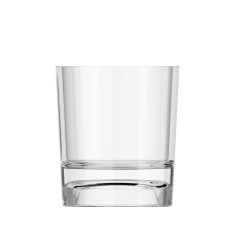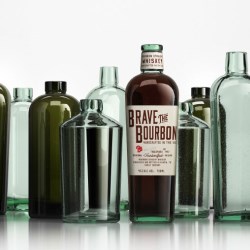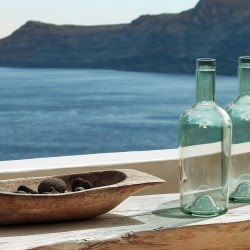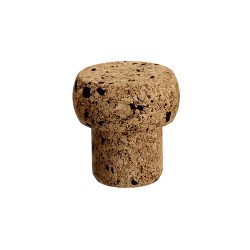Public
ESTAL Glass Decoration
Estal Locations
Estal News
Estal product downloads
Estal Products
ESTAL Videos
If this is your company, CONTACT US to activate Packbase™ software to build your portal.
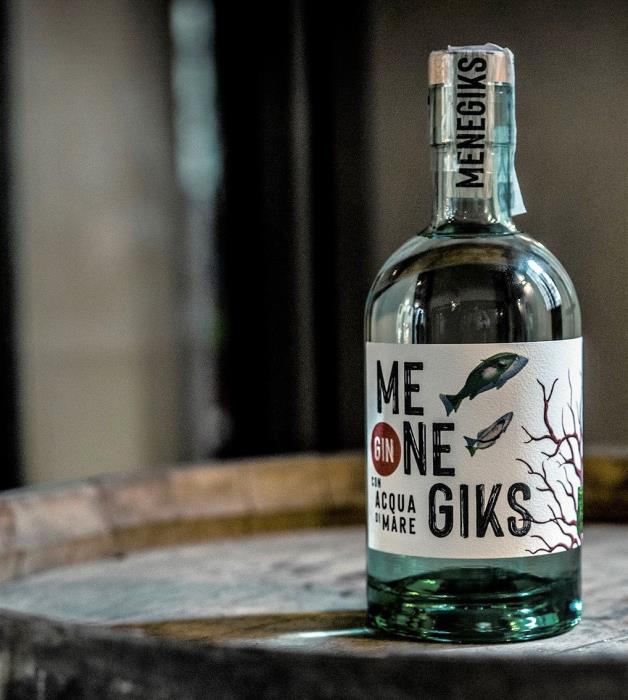

According to Greenpeace, over the last ten years we have produced more plastic than in the whole of the rest of human history. The effects of the generation of plastic waste and the impact of the endless production of disposable goods on our ecosystems are devastating. That is why more and more companies understand that they need to produce in a way that minimises waste and maximises sustainability. Sustainable packaging is the perfect example of a solution for anyone who wants to reduce their environmental impact.
And it's not just businesses: consumers and other bodies are also introducing guidelines and recommendations such the Sustainable Development Goals (SDGs). SDG 12 identifies responsible consumption and production as fundamental goals to be met by 2030. Under the umbrella of SDG 12, many countries around the world have committed to legislate for the replacement of traditional packaging by sustainable packaging in next few years.
Sustainable packaging: a challenge for today
The climate emergency is now a reality and working to achieve sustainability is an imperative that ESTAL embraced many years ago. That, together with the importance we place on design, is why our team has worked with different materials and lines to develop WILD GLASS, the new colour in 100% recycled glass that won a prize at the LuxePack Green Awards in October 2019.
One of its most striking characteristics, apart from its spectacular natural imperfect colour, is that 100% of the glass in Wild Glass is recycled PCR: Post-Consumer Recycled Glass. ESTAL is a pioneer in the production of this kind of sustainable packaging – a key point of difference thanks to its reduction of the environmental impact of our production.
The essential requirement of sustainability is accompanied by a unique colour, with tolerances that are better than those of an ordinary colour. The result is a design that is organic and authentic, that looks very much like hand-made glass, but with all the characteristics of machine-produced glass.
Efficiency is also one of the central aspects of environmental sustainability, and that is why Wild Glass does not reject bottles that have aesthetic defects, making production much more efficient.
For all these reasons, Wild Glass best exemplifies ESTAL's commitment to producing truly sustainable packaging.
Colour lost by the sea
The sustainable packaging age is here. Because nature demands it, because our survival and the survival of most species on Earth depends on what we do in the next few years. Gazing at the sea should always connect us with the beauty of our planet, with nature's full gamut of colours, so generously shared with us every day. But today, our seas are losing more of their original colour with each passing day.
Striving for sustainability and finding out how to undo our mistakes will enable us to continue to enjoy the beauty of our planet and leave to future generations a home in which they can live and enjoy the environment. A great example of real sustainable philosophy is offered by Menegiks Gin.


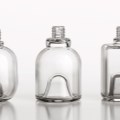

.jpg)
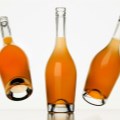

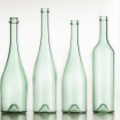
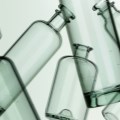
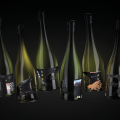
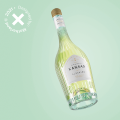
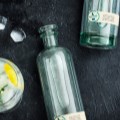
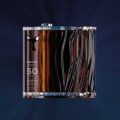
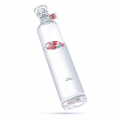
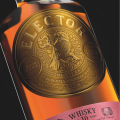
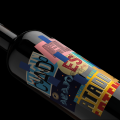
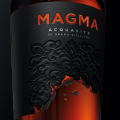
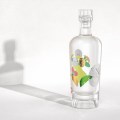
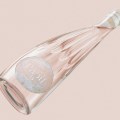
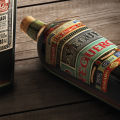
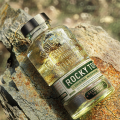
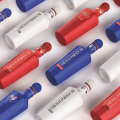
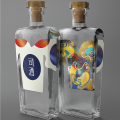

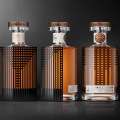
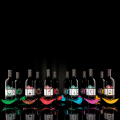
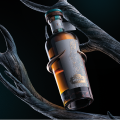
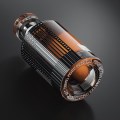

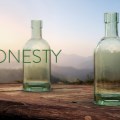

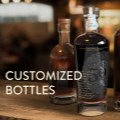
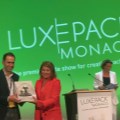
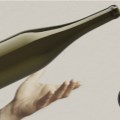




.jpg)



